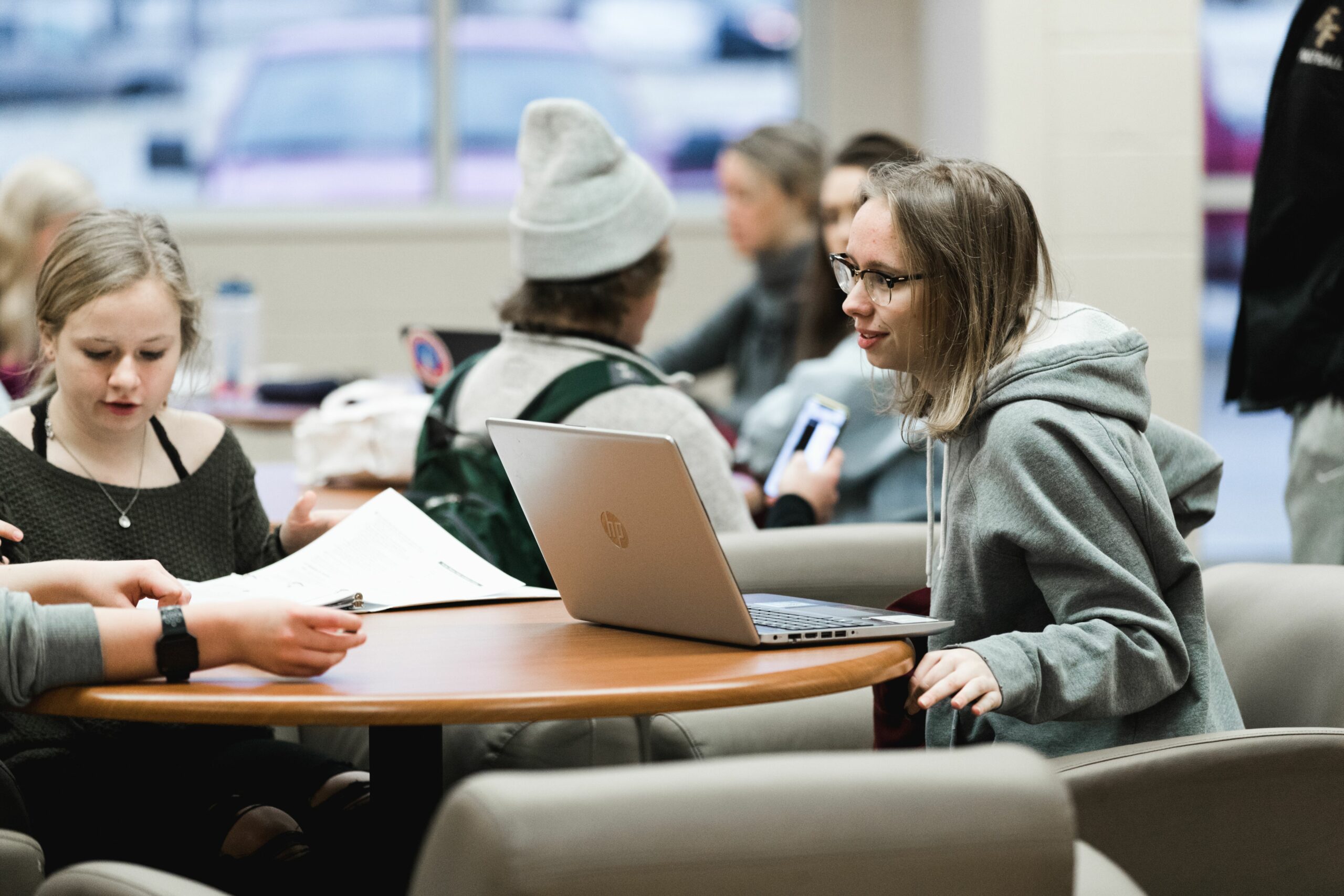Education Conference Committee Begins
At 10 am this morning, the Education Conference Committee will kick off with introductions of the ten members who comprise the committee, five from each the House and Senate. The rest of the first meeting will focus on a staff review of the details of the House and Senate bills.
The House Conferees include Cheryl Youakim, Co-Chair (DFL Hopkins), Laurie Pryor (DFL Minnetonka), Mary Frances Clardy (DFL South St. Paul), Josiah Hill (DFL Stillwater), and Ron Kresha (GOP Little Falls).
The Senate Conferees include Mary Kunesh, Co-Chair (DFL New Brighton), Steve Cwodzinski (DFL Eden Prairie), Heather Gustafson (DFL Vadnais Heights), Erin Maye Quade (DFL Apple Valley) and Zach Duckworth (GOP Lakeville).
This is a metro heavy conference committee for a bill that impacts every corner of the state. MREA will continue working to advocate for as much new funding on the formula as possible in addition to a major increase in the state’s commitment to special education expenditures. A strong investment in both is the best method to balance revenue across all the state’s school districts.
We anticipate seeing the Education Conference Committee meet each day this week. We understand that Leadership would like to see this bill wrapped up by Friday, but that seems like a tall task. Leadership will likely have to decide for the Education Conference Committee on the formula levels including indexing the formula to a range of 0-3%, depending on CPI, in future years.
There are three weeks left until the session must adjourn on May 22.
Unemployment Insurance – the Minnesota Experiment
The DFL Trifecta is poised to make Minnesota the first in the nation for extending UI benefits to non-certified staff. Last week during a Senate hearing on this subject, testimony was delivered from a national interest group, clarifying that while Illinois experimented with UI for noncertified staff, it was a one-time effort during the pandemic. The testifier made clear they would like to see Minnesota go forward with this proposal so other states can learn from the experience.
The plan going to the Education Conference Committee would make UI effective on May 28, 2023. School officials have raised concerns about this, noting the new law could significantly disrupt summer programming, some of which are mandated under special education laws.
The cost of the UI mandate is also debated, but most agree that it’s significant, ranging somewhere near the value of a new 1.5-2% on the basic formula allowance each year. A recent survey of over 90 school districts shows costs each year upwards of $230/ADM while the state’s fiscal note shows $159/ADM.
If Minnesota is to be the experiment for the nation, then perhaps some parameters for it are required. Control of this experiment might involve a one-year delay in implementation giving schools time to plan and work through issues ahead of 2024 summer programming. Furthermore, the new benefit should be limited to a 3-year period that would coincide with a dedicated funding source from the state’s budget surplus, and a formal task force of stakeholders should be considered to dive into the impacts of UI expansion.
Expanding ‘Terms and Conditions’ for Collective Bargaining
A proposal to expand the required scope of collective bargaining to include negotiations over, “class sizes, student testing, and student-to-personnel ratios,” faced a setback in the Senate last week. The Omnibus Labor Bill, SF 1384, was amended to strike this provision from the bill. The provision remains in the House Labor Bill, HF 1522, which will be debated on the House floor later this afternoon. It’s unclear how this issue will shake out, despite the Senate’s vote. One idea is to look at the statute requiring a ‘meet and confer’ process to include these issues, and perhaps required participation by school board members.
Session Resources
- Bill Search, Status, and MyBills – Minnesota State Legislature (mn.gov)
- MREA members are encouraged to join Advocacy Briefings to hear directly from our Advocacy team, who is at the Capitol every day advocating for Greater Minnesota education. Check your Insider Brief for the invite.





